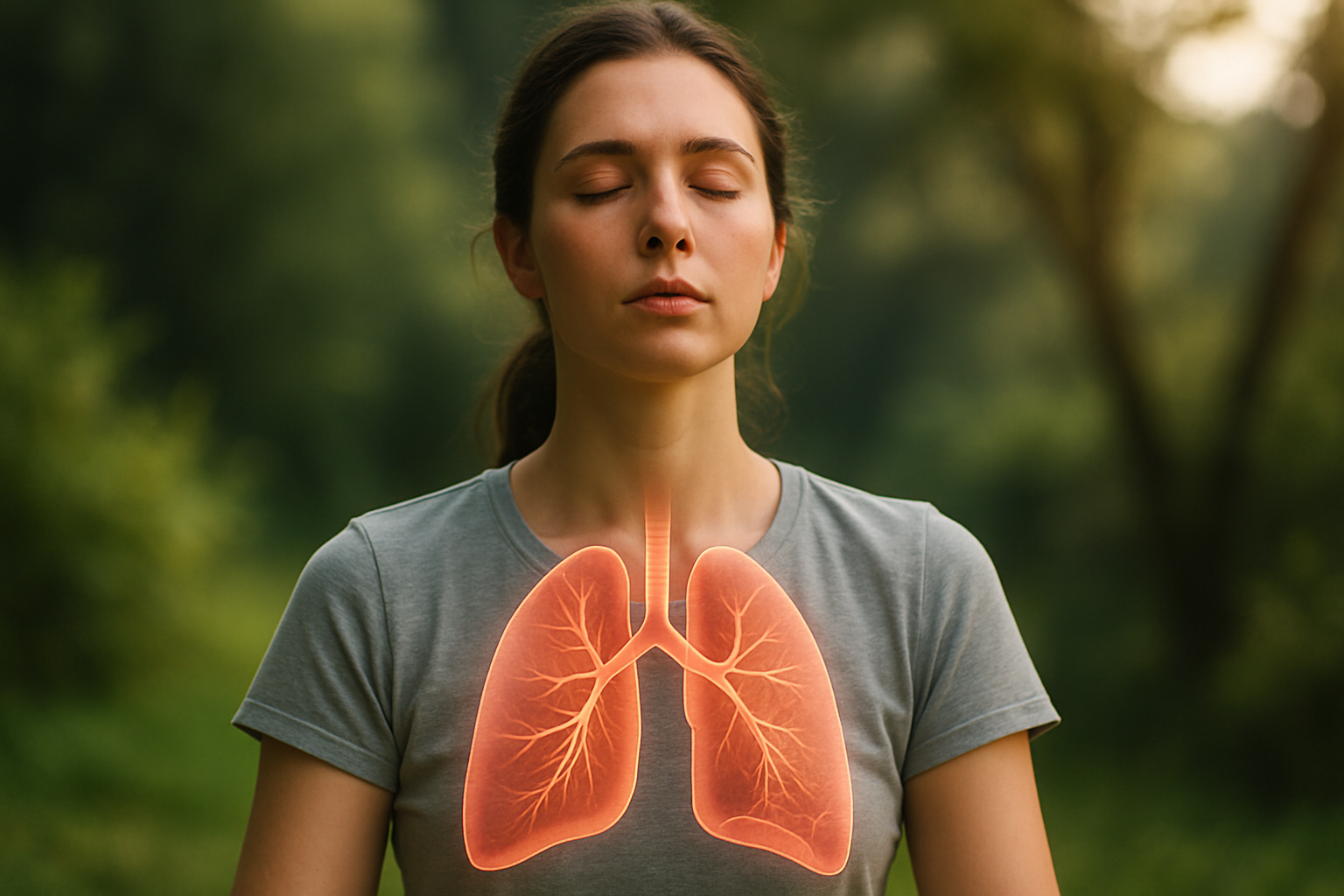How Relaxation Supports Heart Health
Maintaining a healthy heart is crucial for overall well-being and longevity. In today’s fast-paced world, stress has become a common part of everyday life, often leading to adverse effects on cardiovascular health. However, incorporating relaxation techniques into daily routines can play a significant role in supporting heart health. This article explores the relationship between relaxation and heart health, the physiological benefits of relaxation, and practical ways to integrate relaxation into your lifestyle.

The Connection Between Stress, Relaxation, and Heart Health
Stress is the body’s natural response to perceived threats or challenges. While short-term stress can be beneficial by enhancing focus and energy, chronic stress is detrimental to heart health. When you experience stress, your body releases hormones like adrenaline and cortisol, which increase heart rate and blood pressure. Over time, these effects can lead to hypertension, inflammation, and increased risk of heart disease.
Relaxation, on the other hand, helps counteract the effects of stress by activating the parasympathetic nervous system—often referred to as the “rest and digest” system. This activation slows the heart rate, reduces blood pressure, and promotes a state of calm. By regularly engaging in relaxation techniques, individuals can reduce the harmful impact of stress on their cardiovascular system, ultimately supporting heart health.
Physiological Benefits of Relaxation for the Heart
Relaxation has measurable physiological effects that contribute to better heart health. When the body is relaxed, several positive changes occur:
1. Lowered Blood Pressure
One of the most significant benefits of relaxation is its ability to reduce blood pressure. High blood pressure, or hypertension, is a major risk factor for heart disease and stroke. Relaxation techniques such as deep breathing, meditation, and progressive muscle relaxation have been shown to lower systolic and diastolic blood pressure. This reduction decreases the workload on the heart and lowers the risk of damage to the arteries.
2. Reduced Heart Rate
Relaxation slows down the heart rate, which reduces the heart’s demand for oxygen and nutrients. A lower heart rate means the heart doesn’t have to work as hard, decreasing the likelihood of wear and tear on the cardiovascular system. Over time, a consistently lower resting heart rate is associated with better heart function and longevity.
3. Decreased Inflammation
Chronic stress contributes to systemic inflammation, which plays a crucial role in the development of atherosclerosis—the buildup of plaques in arteries that can lead to heart attacks and strokes. Relaxation reduces the production of stress hormones and inflammatory cytokines, thereby lowering inflammation levels. This effect helps maintain the integrity of blood vessels and prevents the progression of cardiovascular disease.
4. Improved Heart Rate Variability (HRV)
Heart rate variability—the variation in time between heartbeats—is an important indicator of cardiovascular health and autonomic nervous system balance. Higher HRV reflects greater adaptability and resilience of the heart to stress. Relaxation exercises have been shown to increase HRV, which is linked to a reduced risk of cardiac events.
Effective Relaxation Techniques to Support Heart Health
Incorporating relaxation into your daily routine does not require extensive time or resources. Here are some evidence-based techniques that promote relaxation and support heart health:
Mindfulness Meditation
Mindfulness meditation involves paying attention to the present moment without judgment. Practicing mindfulness for as little as 10-20 minutes a day can significantly reduce stress and lower blood pressure. Research in 2025 continues to support mindfulness as an effective tool for improving cardiovascular outcomes by promoting a calm mental state and reducing sympathetic nervous system activity.
Deep Breathing Exercises
Deep breathing techniques, such as diaphragmatic breathing or the 4-7-8 method, help stimulate the parasympathetic nervous system. These exercises regulate breathing patterns, slow the heart rate, and lower blood pressure. They can be easily practiced anywhere and are especially useful during moments of acute stress.
Progressive Muscle Relaxation (PMR)
PMR involves tensing and then relaxing different muscle groups in the body. This technique helps release physical tension that accumulates due to stress and promotes a deep sense of relaxation. Studies in 2025 highlight PMR’s effectiveness in reducing anxiety and improving cardiovascular markers in individuals with hypertension.
Yoga and Tai Chi
Both yoga and Tai Chi combine physical movement, breath control, and meditation to reduce stress and enhance relaxation. These practices improve flexibility, balance, and cardiovascular fitness while promoting a relaxed state. Ongoing research shows that regular practice contributes to lower blood pressure, improved heart rate variability, and reduced risk of heart disease.
Nature Exposure and Relaxation
Spending time in natural settings has been shown to decrease stress hormones and promote relaxation. Activities such as walking in a park, gardening, or simply sitting outdoors can support heart health by lowering blood pressure and heart rate. In 2025, urban health initiatives increasingly emphasize nature exposure as a simple and effective strategy to combat cardiovascular stress.
Integrating Relaxation Into a Heart-Healthy Lifestyle
Relaxation should be considered an essential component of a comprehensive heart-healthy lifestyle. While diet, exercise, and medical management are critical, the role of mental and emotional well-being cannot be overlooked. Here are some tips for integrating relaxation into your daily life:
- Schedule regular relaxation time: Treat relaxation as a priority by setting aside specific times each day for meditation, deep breathing, or other calming activities.
- Create a calming environment: Designate a quiet, comfortable space in your home for relaxation practices.
- Combine relaxation with physical activity: Activities like yoga or Tai Chi provide both physical exercise and relaxation benefits.
- Limit exposure to stressors: Minimize time spent on activities or with people that increase your stress levels, and practice assertiveness in managing your commitments.
- Seek professional support: If stress or anxiety feels overwhelming, consider consulting with a healthcare provider or mental health professional.
Conclusion
Relaxation is a powerful tool for supporting heart health. By reducing stress and its harmful effects on the cardiovascular system, relaxation techniques help lower blood pressure, decrease heart rate, reduce inflammation, and improve heart rate variability. In 2025, with the continued rise in cardiovascular disease worldwide, incorporating relaxation practices into daily life is more important than ever. Embracing mindfulness, deep breathing, progressive muscle relaxation, and other calming methods not only enhances quality of life but also plays a vital role in maintaining a healthy, resilient heart. Prioritize relaxation today to protect your heart for tomorrow.
Disclaimer: All content, including text, graphics, images and information, contained on or available through this web site is for general information purposes only. The information and materials contained in these pages and the terms, conditions and descriptions that appear, are subject to change without notice.




